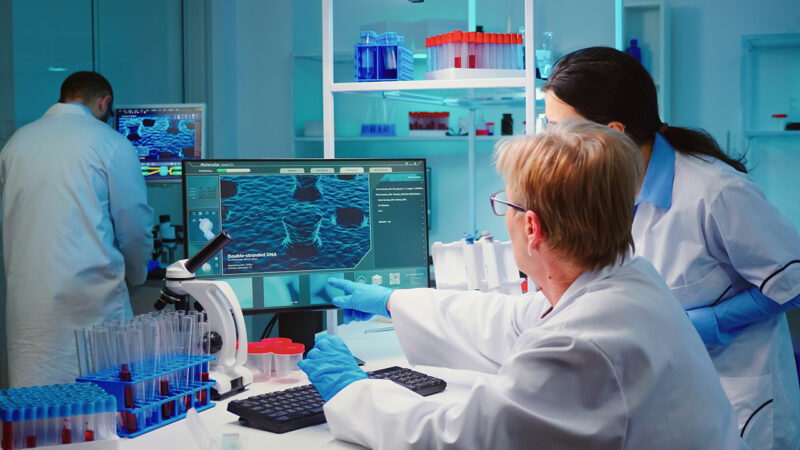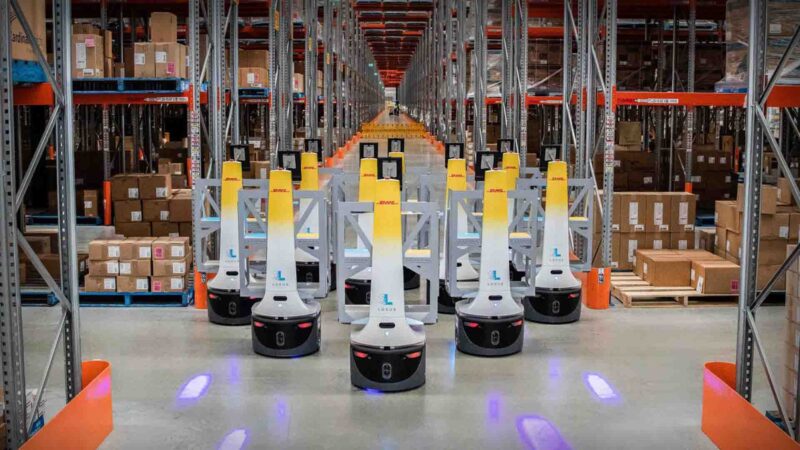First seen on Bench Side Story 7th November 2023
South Australian Health and Medical Research Institute, also known as SAHMRI has had significant impacts in various areas over the past ten years, and this year is celebrating its 10 year anniversary with a week of events.
Executive Director, Professor Maria Makrides spoke to Australian Health Journal about 3 achievements in the past 10 years that have had significant impact
- International leadership breakthroughs in leukaemia research
- Culturally appropriate Indigenous health research and clinical care
- Omega 3 fatty acids as a preterm birth prevention
Looking ahead, SAHMRI is not standing still, and the newly built, and when fully installed, Australian Bragg Centre for Proton Therapy and Research will be Australia’s first proton therapy centre and the first of its kind in the Southern Hemisphere.
The Centre will occupy the ground floor and three below-ground levels of the Australian Bragg Centre building which has recently been completed on the eastern side of the distinctive SAHMRI building on North Terrace, Adelaide.
The centre will also be an integral part in a global network undertaking proton therapy research. Proton therapy is a precise, non-invasive radiotherapy that can destroy cancer cells while minimising damage to surrounding healthy tissue including vital organs.
As a relatively new treatment option and one that remains expensive and not widely available, proton therapy has only been validated against a small range of cancers. The technology is potentially beneficial in treating many other diseases, but more research is needed in these areas to prove its efficacy.
SAHMRI represents an exciting and unique statewide concept, bringing together basic and translational research, South Australia’s three universities and the health system. SAHMRI works in collaboration with its partners to provide a clear focal point for health and medical research, including paving the way for new partnerships, innovative research projects and improved health outcomes.
The career opportunities at SAHMRI for researchers ranges from early career stage to recognised experts in their fields. Nothing unique with that, but the ability to validate discovery makes SAHMRI a unique work environment.
According to Executive Director, Professor Maria Makrides, “The culture is characterised by being fast, focused, friendly, flexible, and fun, which has fostered innovation, collaboration, and the ability to take risks and learn from both successes and failures to make advancements quickly.”
You Might also like
-
Clinical research integrates with GP and Pharmacist workflows to supplement practice revenue
Clinical trials are crucial to the development of evidence-based preventative medicines. In addition, participation in clinical trials can also provide patients with opportunities to access new treatments.
“Clinical trials are at the heart of medical advances which look into new ways to treat, prevent, or detect disease. Volunteers often do so to help contribute to advancing scientific research, knowing that they are participating in the hope of helping future generations,” said Charlotte Bradshaw, CEO and Founder to Evrima Technologies.
-
Stronger patient involvement in new medicines
New strategic agreement between Medicines Industry and Government means stronger patient involvement in new medicines.
Medicines Australia has secured a 5-year Strategic Agreement with the Federal Government, centered on earlier patient involvement and influence in the availability of new medicines in Australia.
-
CASE STUDY: Evolution in the medical device supply chain
For Cardinal Health, a global manufacturer and distributor of medical products, the process begins when products arrive in Australia and are cleared by customs before being stored at their Sydney warehouse. From here, they fulfil orders for various clients, including hospitals and wholesalers, supported by DHL’s logistics services.



